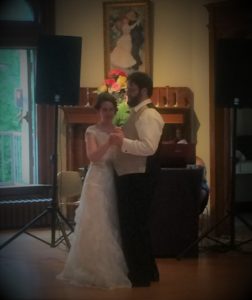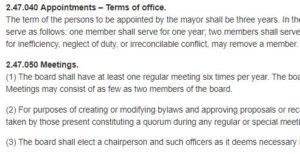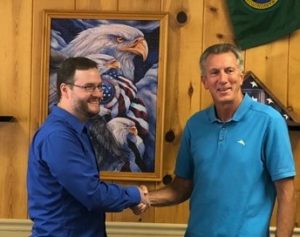I want to make a disclaimer: This article will most likely lack the structure and finesse of my other blogs.
I originally had planned a different article this week with the same title. My goal was to do a full education/politics crossover next week with four critical traits. However, on Thursday I had a meeting that put today’s trait front and center. I am going to go with my heart and go more in-depth today than I had originally planned. I will include as many of my draft thoughts about caring as I can.
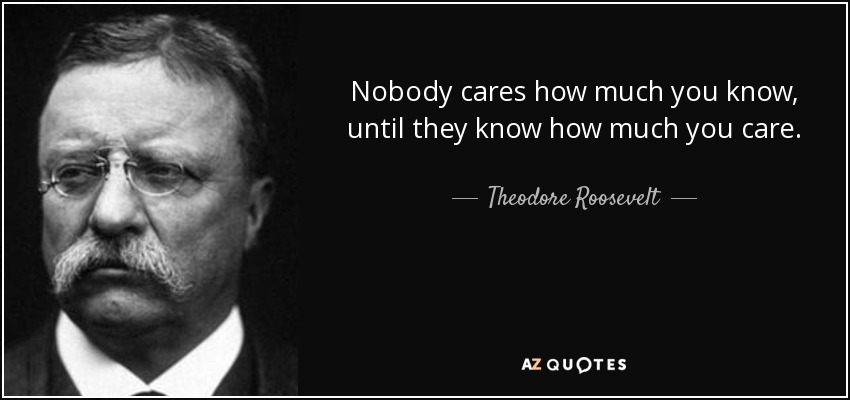
Every educator I have met that has been in the profession for an extended amount of time is caring by nature. Even for those that don’t know this first hand, it doesn’t take a great deal of research to find that almost all educators do what they do despite the financial and emotional toll that comes with the title of teacher. Those sacrifices are made with the intention of building up others every semester, every day, and every class.
The essence of education is a desire to make the world a better place and to empower others.
Ideally, anyone in a position of power should share the same goal, especially those in political power.
I spent the better part of the afternoon Thursday in a room surrounded by powerful regional entities: utility owners, ports, economic advisors, mayors, councilmembers, development directors.
I walked out of that meeting feeling frustrated, defeated, and depressed. I walked out questioning my volunteerism and optimism for the future.
Many of the conversations I witnessed at that meeting boiled people down to numbers, put profit over affordable living, and came across with a callous disconnect that broke my heart.

More than anything at this very moment, I regret not saying anything. I regret just listening and accepting the pecking order. I doubt anyone in that room would have listened to me. I doubt my speech would have been as eloquent and as well rehearsed as those I would have been opposing. Nevertheless, it would have been the right thing to do.
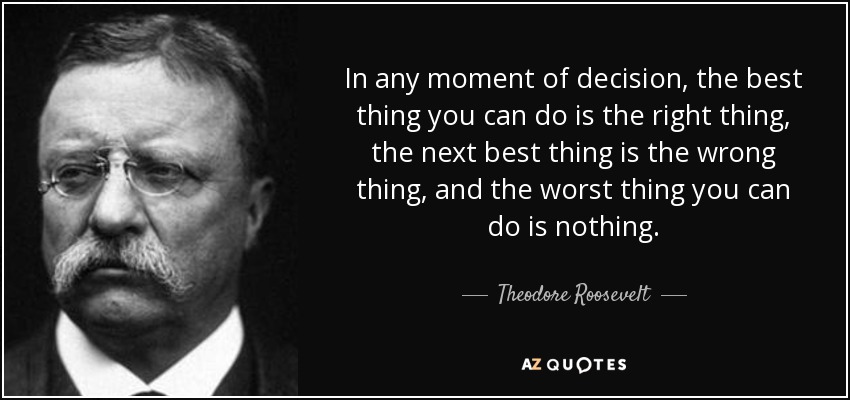
Others were silent as well, I would like to think that those in silence felt the same as me, but I will never know the answer.
When I sat down in front of my computer, wanting to talk about the capacity to care, of how it is reflected in everyone I meet in education, I simply couldn’t shake how I had just seen the opposite end of the spectrum.
I could have stuck with my plan and said some of these things in my closing next week. As important as the other traits I have discussed are, upon reflection, the capacity to care is the cornerstone. The vast majority of educators have open caring hearts. The vast majority of those I have met in positions of power do not. Fortunately, the problem presents a solution: have more educators active in their communities and governments.



